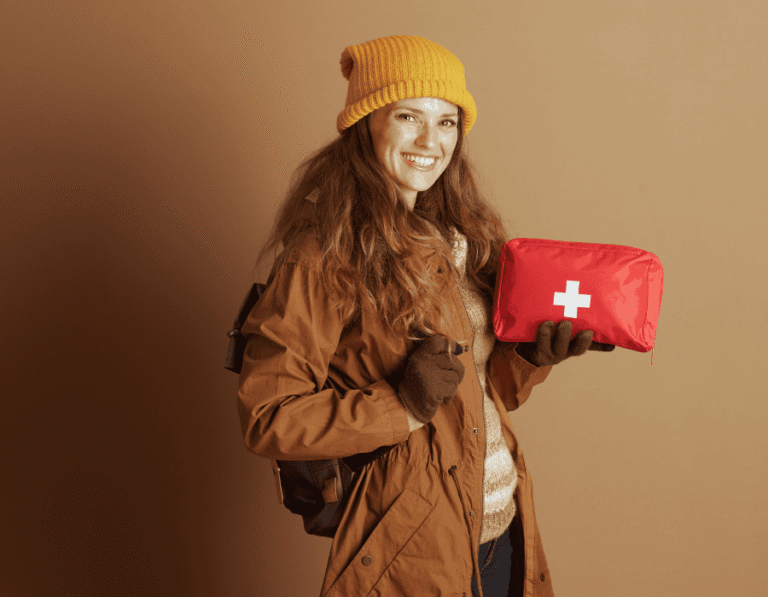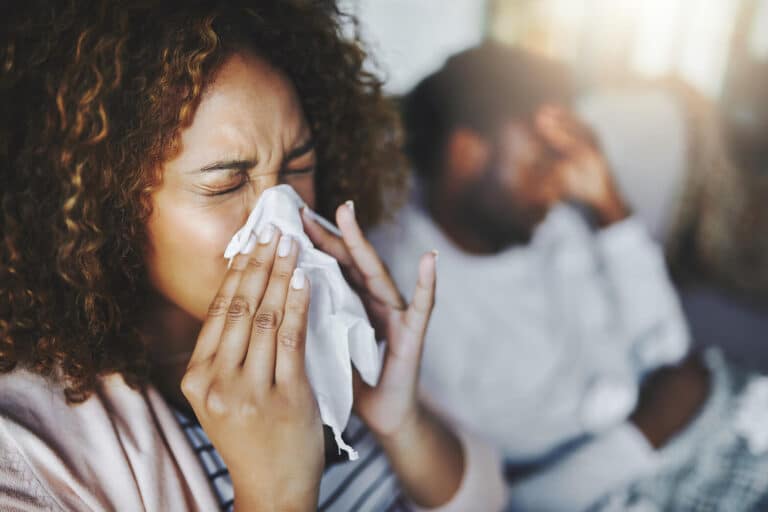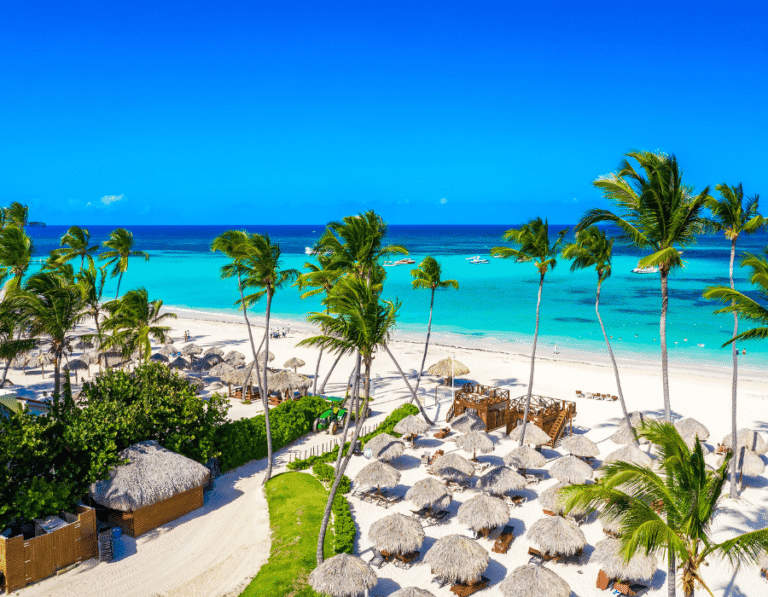Getting sick while traveling can be stressful — especially when you’re in a new country and don’t know how the healthcare system works. But if you find yourself sick in Copenhagen, don’t worry. Denmark’s capital is known for its clean environment, excellent medical care, and friendly, English-speaking doctors who are used to helping travelers.
This guide will walk you through exactly what to do if you fall ill — from emergency numbers and pharmacies to insurance tips and how to find an English-speaking doctor in Copenhagen.
Understanding Copenhagen’s Healthcare System
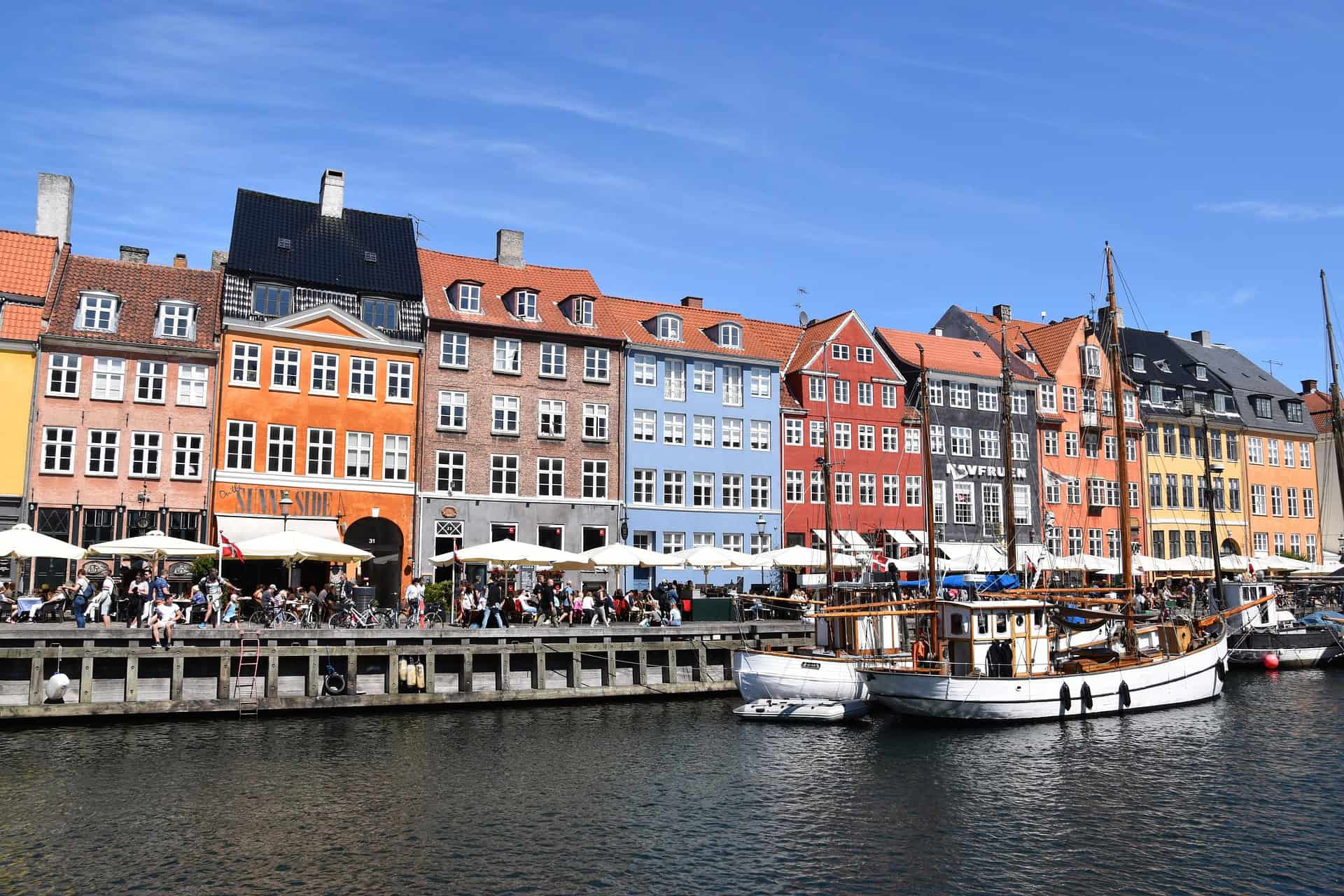
Copenhagen has one of the most efficient healthcare systems in Europe. It’s divided into public and private sectors, both offering high-quality care.
Private vs. Public Healthcare
- Public hospitals are government-funded and provide free or low-cost treatment for Danish residents and EU citizens with an EHIC card. However, tourists from outside the EU usually have to pay.
- Private clinics are ideal for travelers because they offer shorter waiting times, more flexible appointments, and English-speaking staff.
Emergency Medical Care
Let’s take a quick look at emergency medical care in Copenhagen.
Essential Emergency Numbers
- 112 – For all emergencies (ambulance, fire, police).
How to Call an Ambulance in Copenhagen
If you or someone else needs urgent medical help, dial 112. You’ll be connected to an operator who can speak English and dispatch help immediately.
When to Go to a Hospital vs. an Urgent Care Clinic
- Hospital: For serious emergencies like severe pain, accidents, or high fever.
- Urgent Care Clinic: For non-life-threatening issues such as mild infections, stomach problems, or flu-like symptoms.
Pharmacies & Medication: What You Need to Know
Pharmacies in Copenhagen are easy to find and well-stocked. Look for signs that say “Apotek.”
- Opening hours: Most are open from 8 AM to 6 PM, but some stay open later.
- 24-hour pharmacies: The main one in central Copenhagen is Steno Apotek, located near Nørreport Station.
- Over-the-counter medication: You can buy painkillers, allergy medicine, or cold remedies without a prescription.
- Doctor’s note: Needed for antibiotics or stronger medication.
What to Do if You’ve Got Travel Insurance
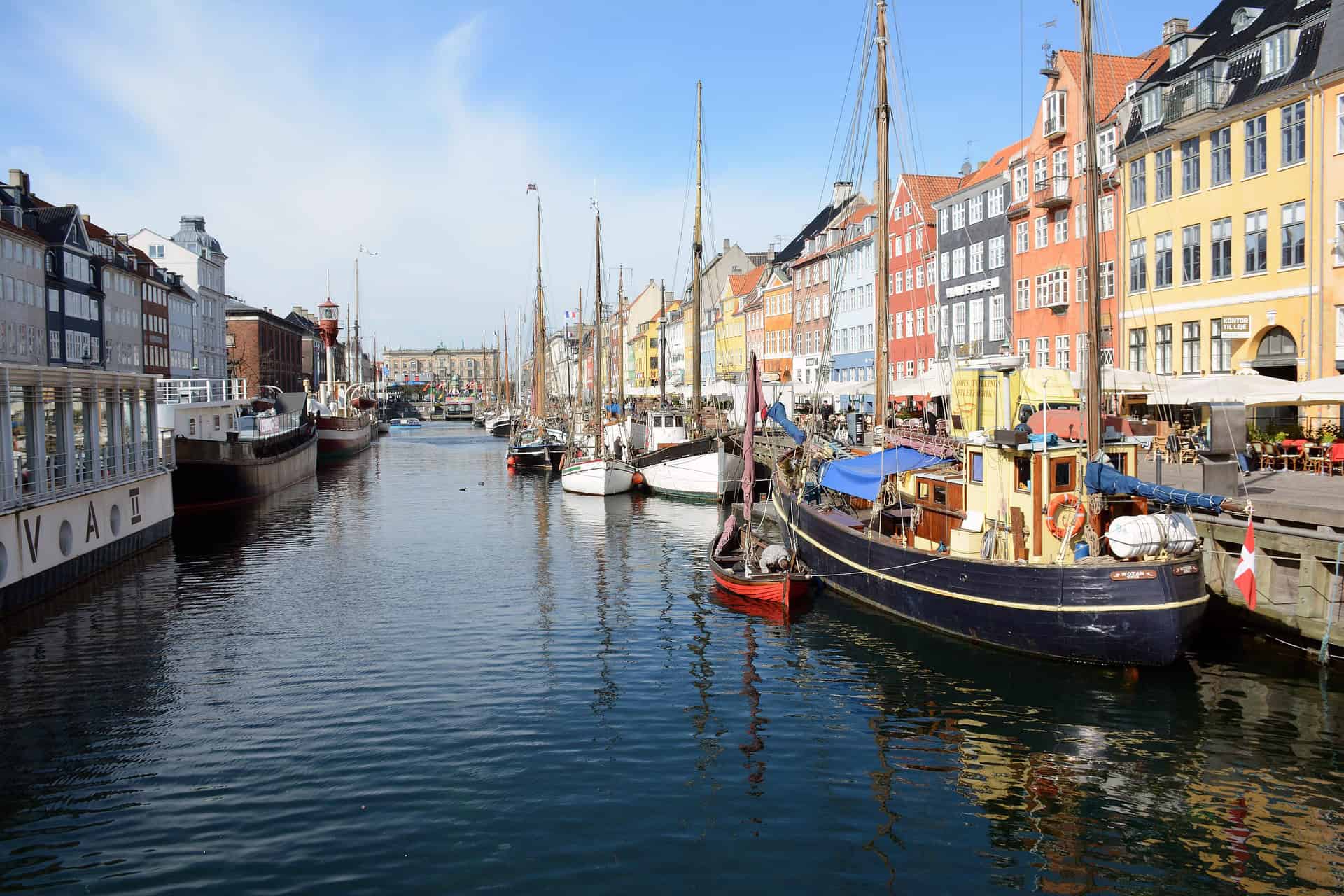
If you have travel insurance, getting medical care in Copenhagen is simple and straightforward. Most clinics will give you receipts and medical documentation for your insurance claim.
Documents You’ll Need to Submit a Claim
- Passport
- Insurance policy details
- Doctor’s note or report
- Receipts for all medical expenses
Language Barriers
Almost everyone in Copenhagen speaks excellent English, especially medical professionals. But it never hurts to know a few Danish phrases:
- “Jeg er syg” — I’m sick
- “Hvor er hospitalet?” — Where is the hospital?
- “Kan du tale engelsk?” — Can you speak English?
How to Avoid Getting Sick in Copenhagen
Here’s what you need to know to avoid getting sick in Copenhagen.
Common Traveler Illnesses
- Mild colds or flu (especially in winter).
- Seasonal allergies during spring.
- Food or water sensitivity from trying new cuisines.
Is the Tap Water Safe to Drink?
Yes! Copenhagen’s tap water is among the cleanest in the world. It’s perfectly safe to drink — and often better than bottled water.
Food Safety & Hygiene Tips
- Eat at reputable restaurants and cafes — the city has strict hygiene standards.
- Wash your hands regularly, especially after using public transport.
- Pack a small travel health kit with essentials like painkillers and rehydration salts.
Healthcare Tips for Pregnant Travelers & Those with Pre-Existing Conditions
If you’re pregnant or managing a long-term condition, Copenhagen’s healthcare system has excellent specialists. Bring your medical documents and any medication you need in clearly labeled containers.
Most private clinics can arrange same-day appointments with specialists if needed.
Finding an English-Speaking Doctor in Copenhagen
Finding an English-speaking doctor abroad can be stressful — but not in Copenhagen.
With Air Doctor, you can:
- Find local, vetted doctors and specialists.
- Choose in-person or online consultations.
- Receive documentation for your insurance claim.
Getting Help Beyond Healthcare
If you lose medication, need a translator, or have an emergency, contact your embassy or consulate. They can help you locate trusted doctors, arrange hospital care, or contact your family and insurer.
Recap
If you get sick in Copenhagen:
- Call 112 for emergencies.
- Visit private clinics for faster care.
- Use pharmacies for minor symptoms.
- Keep your insurance details handy.
- Use Air Doctor to find reliable, English-speaking care.
About Air Doctor
With the Air Doctor app in your pocket, you can access medical care and receive expert medical guidance anywhere you travel.
Air Doctor offers a wide range of benefits, including:
- A global network of over 20,000 multi-lingual doctors and specialists
- Choice of clinic, at-home (hotel), and video consultations
- Healthcare access in 90 countries
- 24/7 multi-lingual support
- Transparent pricing and reviews
- Most common medical specialties, including GPs, ophthalmologists, and pediatricians
FAQs
A private consultation usually costs between €60 and €120, depending on the clinic and time of day.
Yes, pharmacists can provide some emergency medication, but antibiotics and prescription drugs require a doctor’s note.
Yes, almost all doctors in Copenhagen speak fluent English, especially in private clinics.



